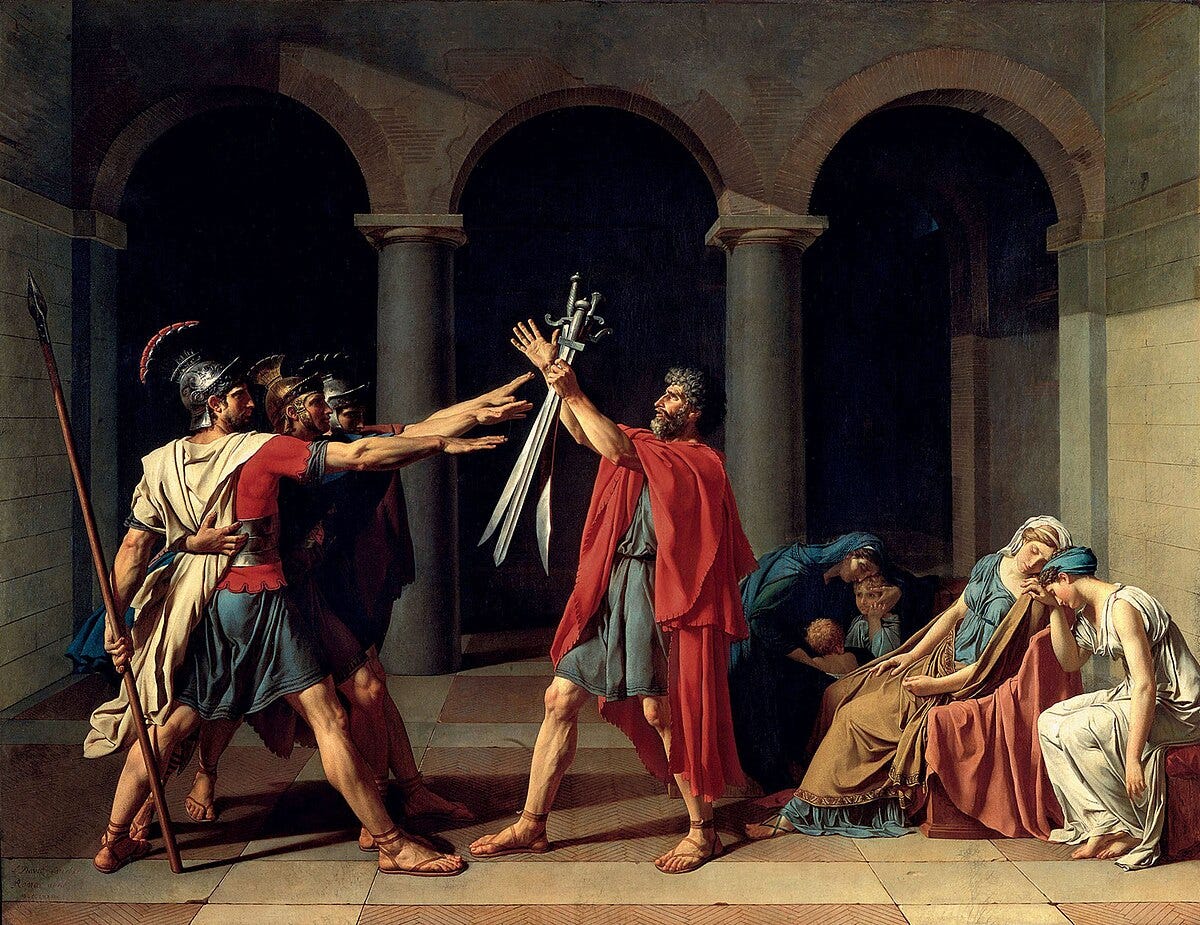The Art of Diplomacy
Today we’ll cover the coveted and subtle art of diplomacy for better relationships, stronger allies and more power.
The ‘Neuroscience-based Tools’, ‘Lead to Win’ & the Le Monde Élégant social skills sections are companions for The Stoic Manual to enhance your overall health, vitality, stress resilience, discipline, focus, motivation, and refine your people skills, relationships & leadership skills for a distinguished life—by Dr. Antonius Veritas.
"Above all things our royalty is to be reverenced, and if you begin to poke about it you cannot reverence it... Its mystery is its life. We must not let in daylight upon magic."—Walter Bagehot
the master of tact
The room was silent. Then the insult came.
Henry Kissinger adjusted his glasses and stared across the long, polished table. The air in the dimly lit conference room was thick with cigarette smoke and resentment. On one side sat a delegation of North Vietnamese officials, their expressions unreadable, their posture stiff. On the other, American diplomats, tense and wary. It was the middle of the Paris Peace Talks, and the war that had dragged on for years had left both sides exhausted—but not yet willing to yield.
Then came the insult.
Le Duc Tho, the North Vietnamese chief negotiator, leaned forward. His voice was calm, almost lazy, but the words hit like a hammer: “You Americans have no honor. You sign treaties you do not intend to keep. You bomb civilians and call it peace.”
A hush fell over the room. Kissinger felt a wave of heat crawl up his spine. His gut twisted. The insult wasn’t just personal—it was designed to destabilize him, to throw him off balance. A younger version of himself might have fired back, defended his country, turned the moment into a battle of egos. But he had been here before. He knew that if he reacted emotionally, the talks would spiral, and hours of painstaking groundwork would be undone in seconds.
Instead, he smiled.
It wasn’t a warm smile, nor was it entirely cold. It was the kind of smile that said, I see exactly what you are trying to do, and it will not work. He adjusted his tie, leaned back in his chair, and let the silence hang.
Le Duc Tho watched him, waiting for a reaction. Kissinger could feel the weight of every eye in the room pressing against him. His hands itched to tighten into fists, but he forced them to remain still, fingers lightly interlaced. He felt his heart pounding in his ears, but outwardly, he exuded patience.
Then he spoke, his tone measured, almost amused.
"It is always interesting to hear lectures on honor from those who invaded Cambodia last year. But I assume we are here for negotiations, not moral philosophy."
A flicker—just a flicker—of irritation passed over Le Duc Tho’s face. Kissinger knew he had deflected the attack without escalating the conflict. He had refused to engage in the emotional battlefield his opponent had laid out. Instead, he had reasserted control over the conversation, shifting it back to substance.
But it wasn’t over.
Le Duc Tho exhaled sharply and leaned back, steepling his fingers. “You claim to want peace, yet your planes continue to drop bombs as we speak. Why should we believe a word you say?”
Kissinger’s throat was dry, but he took his time. He picked up the porcelain teacup in front of him, took a slow sip, and set it down carefully. His mind worked through the layers beneath the words—this wasn’t just an accusation. It was an invitation to self-justify, to get lost in defense, to let the discussion drift away from the actual terms of negotiation.
He had to respond without sounding defensive. Without giving ground. Without making it personal.
He folded his hands. "Then let us ensure that words are unnecessary. If we both seek peace, let us build terms that make continued war impossible."
No apology. No justification. Just a redirect, subtle but firm. He watched as his words settled over the room. The moment of hostility passed. The meeting continued.
But Kissinger knew: the real battle in diplomacy was never fought on the surface. It was fought in the mind, in the silences, in the control of emotion and the art of making the other side think they were in control.
And for that, pure logic was never enough. It required something else—an understanding of human nature, of how to lower defences, of how to move a conversation forward when the other person only wants a fight.
That was the real skill. The skill of diplomacy—a lack of which leads to bloodshed, pointless war, failed relationships, resentment, and lost opportunities for joy and contentment.
Join 22,150 other readers.
Previously,
the art of diplomacy
“Whenever you are about to find fault with someone, ask yourself the following question: What fault of mine most nearly resembles the one I am about to criticize?”—Marcus Aurelius
Today we’ll cover the coveted and subtle art of diplomacy for better relationships, stronger allies and more power in the short practical essay below.
Let’s get into it.





